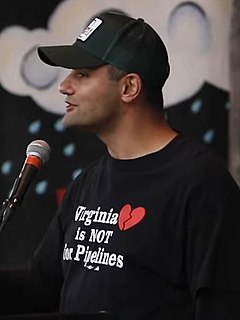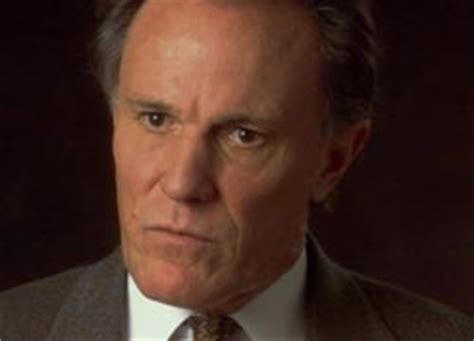A Quote by Michael Eric Dyson
What the left ends up missing is that politics have always been at the heart of American culture; it's been a white identity that's been rendered invisible and neutral because it's seen as objective and universal. As a result, we don't pay attention to how whiteness is one among many racial identities, and that identity politics have been here since the get-go.
Related Quotes
You bring up identity politics and I think that this is really causing a divide in the American left where we're rallying too much around identities. We should celebrate our heritage, we should organize by identity, but we shouldn't advocate and push for certain identities. We shouldn't talk about women suffrage, or plight of Muslims, or refugees; we should talk about our common American values.
Part of the core information that I've been purveying is that identity politics is a sick game. You don't play racial, ethnic, and gender identity games. The Left plays them on behalf of the oppressed, let's say, and the Right tends to play them on behalf of nationalism and ethnic pride. I think they're equally dangerous.
Hardly any aspect of my life, from where I had lived to my education to my employment history to my friendships, had been free from the taint of racial inequity, from racism, from whiteness. My racial identity had shaped me from the womb forward. I had not been in control of my own narrative. It wasn’t just race that was a social construct. So was I.
Perception, after all, is not simply a matter of what you believe about yourself, it all encompasses what others think about you, and what has been thought of you historically. I say we can pay attention to those other dimensions of our identity - class, gender, sexual orientation, geographical region - while at the same time understanding how our historically produced racial identity continues to serve, or undercut us.
I think our culture right now is a culture that's trying to find itself. They're trying to figure out what is it? Is it social media followers? Is it trying to be popular? Is it money? Is it fame? Is it power? They're searching for identity and so many of us have been there, and we'll get back to that place of what is our identity? Who are we? More importantly, whose are we? For me, I find my identity in a relationship with Christ.
In the French culture, they talk politics. I didn't find it was part of our culture to have political arguments at the table. My husband's family will get into major politics, and it's not an aggressive thing. It's so interesting and you learn so much, whether it's Right or Left, and that to me has been really great.
I think that the Democratic Party has been ill served by identity politics. I think that ironically evangelicals have now bought into the same mistake. They have discovered allies in the white supremacist movement. I think this is a heavy price to pay and will in the end accelerate the departure from religion by young people.

































